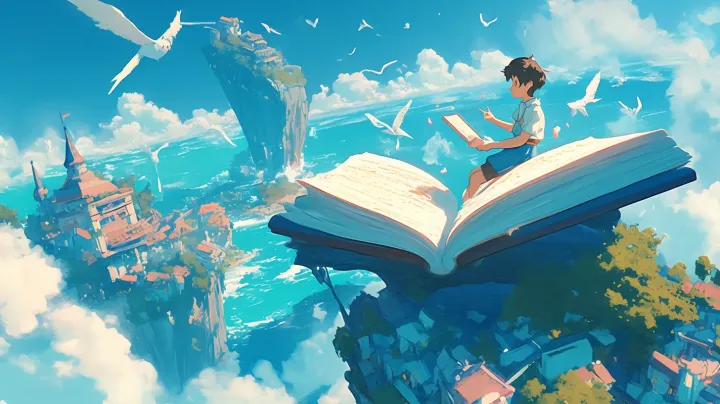What Makes Me Finish a Book — and What Makes Me Drop One?
Diving into my reading preferences to find out the answers.
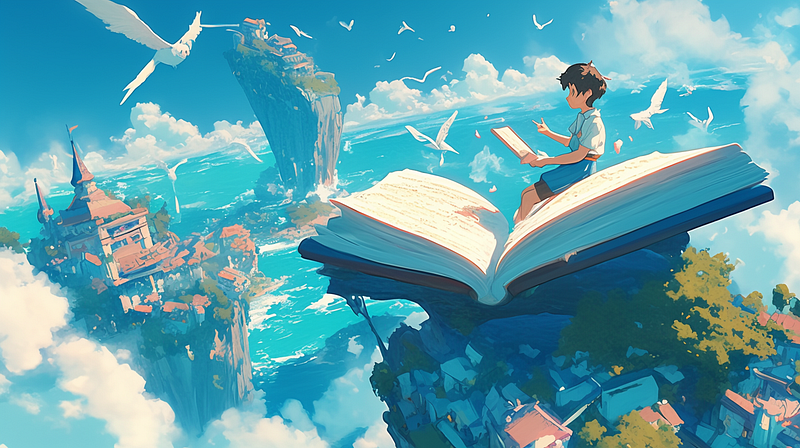
I am not a non-fiction person. The many articles I have written on these non-fiction books are my way of committing myself to read them. But I usually do not enjoy reading them end-to-end. But that belief was shaken when I read a fantastic book recently.
I read “The Richest Man in Babylon” around three weeks back. It was an amazing book that teaches as much as it entertains. The ancient Babylon, the different characters who lived there, their experiences, their stories, and ultimately their wisdom made me rethink my bias towards non-fiction books.
So, I took up a reading challenge, where I’d spend 100 days reading and reflecting on what I read for at least 25 minutes daily. It’s been 20 days since I started this journey, and I have tried over six books. I have read four books fully and dropped the rest after the first few chapters.
This made me question why I finished these books while I dropped the rest. Both were best-sellers and internationally famous, so what made them different?
The Overview.
Let me share the key aspects of the books I have enjoyed first. They were Atomic Habits, The Richest Man in Babylon, Show Your Work! and On Writing Well by William Zinsser (I’m currently reading this one…).
What was common among these books? It’s not the concepts; they are widely different. One speaks about daily habits, the other about money, the latter on social media and art in the digital world, while the final one speaks purely about writing.
But there was one thing in common. They all made me want to read more after the first chapter. On the other hand, the books I dropped didn’t make me anticipate what came next. They completely changed the book's tone, or the introduction was so long that I couldn’t bear to read it.
Let’s get into the details.
The major difference between the first four books is the sense of connection they build. Each does that in a slightly different way.
The books I finished and loved.
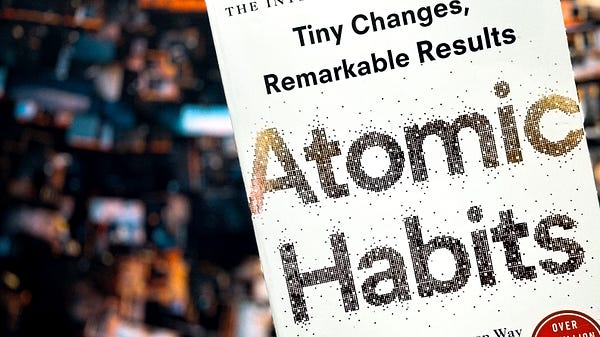
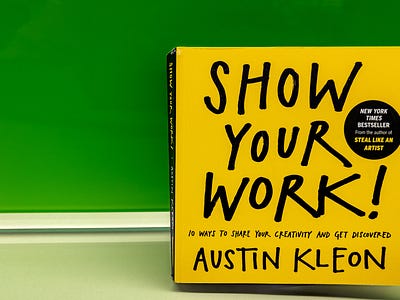
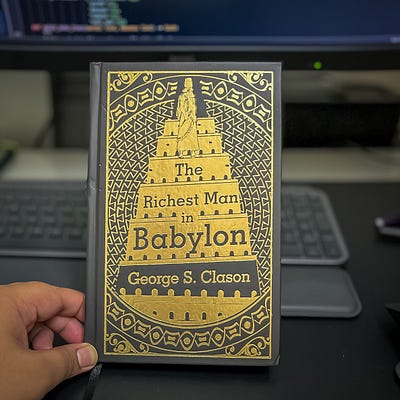
The Atomic Habits built a connection by first sharing the author’s story of how he couldn’t play his favourite sport, baseball, and how he pulled himself back up. We get a glimpse of a journey and how tiny changes have remarkably affected the trajectory of his life.
On Writing Well does the same, not through tragedy but by taking us through the author’s story. We see Mr Zinsser’s passion for writing, hear about the guides he used to learn writing and hear why he had to write this book and revise it repeatedly.
However, the Richest Man in Babylon takes a different approach from the other two. Instead of forming a connection through the author’s story, it connects through a character called Basnir. We only meet him once, and his role is finished once we meet Arkad, but the character pulls us into the book by sharing his relatable dreams that don’t match his reality.
The books I dropped.
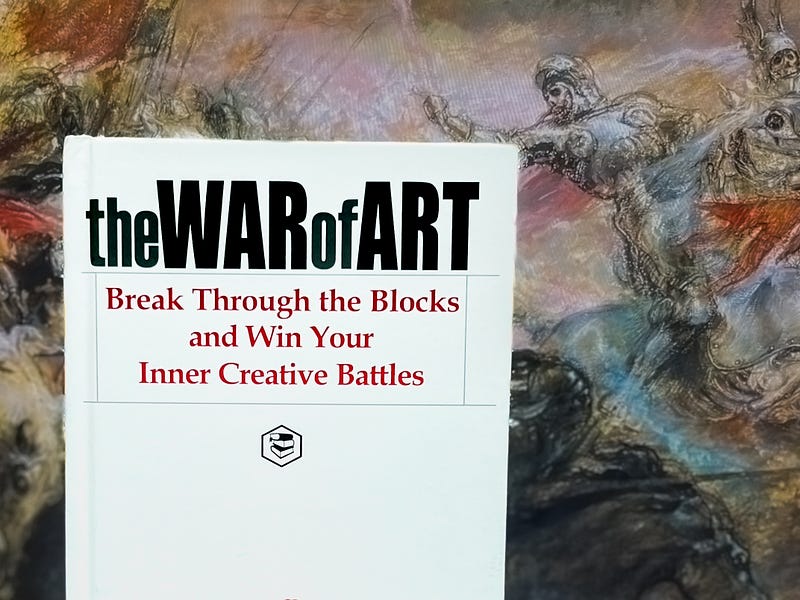
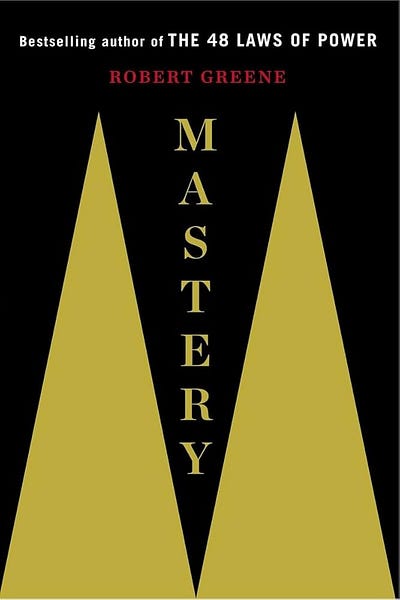
The other two books are slightly different in this respect. The book Mastery goes full-on preaching mode from the introduction. It starts by introducing why mastery is important but then goes in different directions, from evolutionary perspectives to different “keys of mastery”. It’s the introduction, but it’s too long, and I failed to form a necessity or connection to explain why I must read the rest of the book.
However, the other book, “The War of Art”, is different. It does the same as Atomic Habits or “On Writing Well”, but its introduction is completely disconnected from the book’s content. The author and his friend’s introduction share the idea of resistance and why they think it is important. But then, it shifts into a dramatic tone completely different from what I originally expected.
What I learnt
The books I love reading and finishing reading built a sense of anticipation about what I can learn, and I shared them in a fun and interesting way. Atomic Habits shares the brick-by-brick methods, while The Richest Man in Babylon takes a fun story-based approach.
The book’s tone is consistent and not at the two ends of the spectrum like in The War of Art. I guess that’s why writers are suggested to read more to write better. They learn about their writing preferences from what they read.
That’s about everything, including the books I wanted to read. I found that a book with an “Introduction” or a “Foreword” section influences my entire experience of the book by a large margin. What about you? Do you care about the details I shared, or do you prioritise something different? Share it down in the comments!
Thanks for reading till the end. I wanted to share this article to help someone identify their reading preferences and probably writing. I hope you enjoyed reading this article!
Until Next time! Keep reading! ✌️
P.S. By the way, I’m sharing my daily reading progress on my Instagram account! Let’s connect there if you’re interested.
